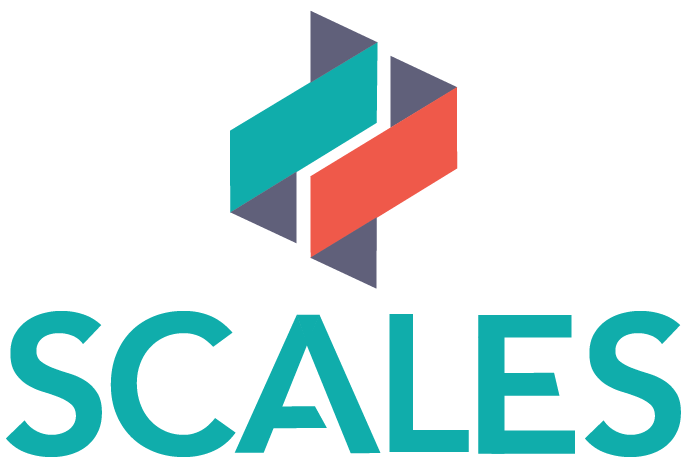
Spatial Correlation Analysis of Linked Ecosystem Structures
Understanding the spatial organization of proteins and other biomolecules (e.g., lipids and metabolites) within shared tissue contexts is crucial for uncovering biomarkers and disease mechanisms, particularly in cancer immunology and metabolism. SCALES bridges the gap between multiplex immunofluorescence (IF) and mass spectrometry imaging (MSI), enabling the spatial mapping of cellular and metabolic features in matched tissue sections. It facilitates the co-registration and integration of these data types, allowing researchers to correlate specific cell populations with their molecular states, providing a more comprehensive and unbiased view of the molecular landscape within tissues. This multimodal data analysis approach is particularly valuable for studying tumor heterogeneity, immune infiltration, and therapeutic responses, especially in contexts where metabolism within the tissue microenvironment is thought to play a critical role.
SCALES will enable even deeper integration of multi-omic spatial data, incorporating emerging technologies such as spatial transcriptomics and lipidomics to build an even richer, multi-layered view of tissue ecosystems. By advancing toward real-time and high-throughput capabilities, SCALES has the potential to inform precision diagnostics and guide therapeutic interventions based on dynamic molecular signatures within the tissue microenvironment. These future enhancements will empower researchers to unravel complex disease processes with unprecedented resolution, ultimately accelerating the development of targeted treatments.
We are actively enhancing image registration and analysis methods in SCALES and using the tool to study cancer tissue metabolism by combining multiplex immunofluorescence images with MALDI mass spectrometry imaging.
For more information on our current research projects, visit our jobs page.
